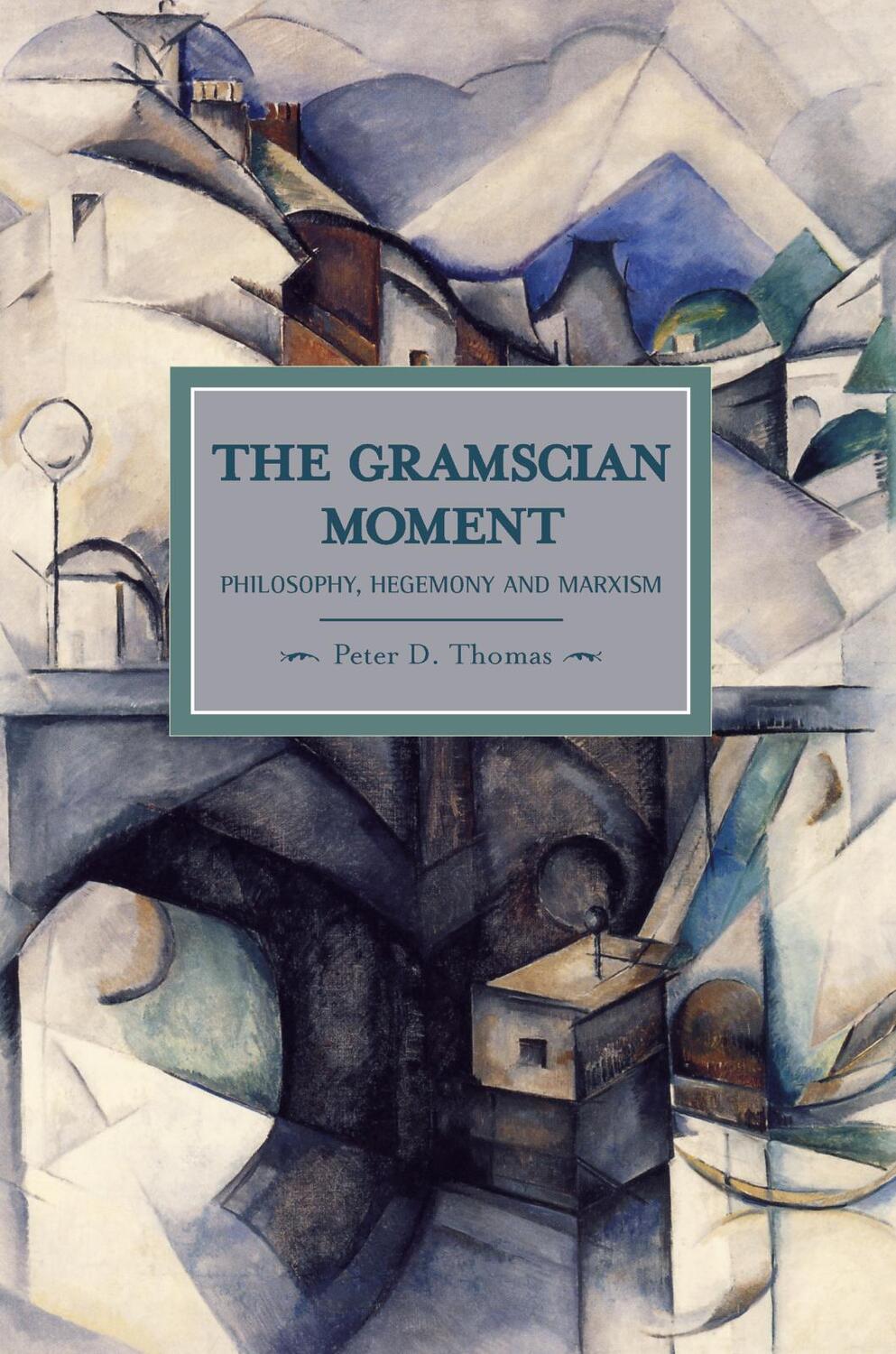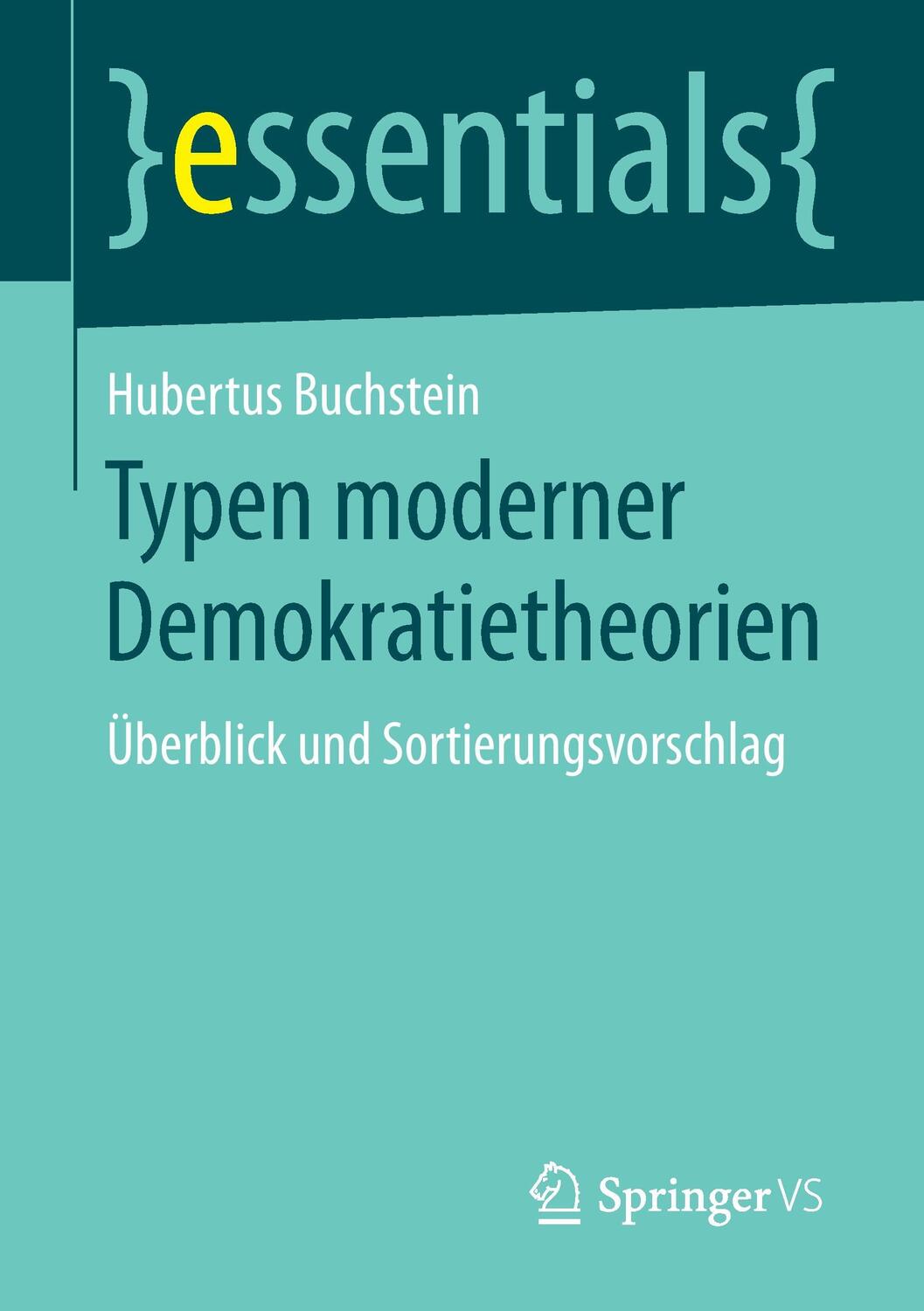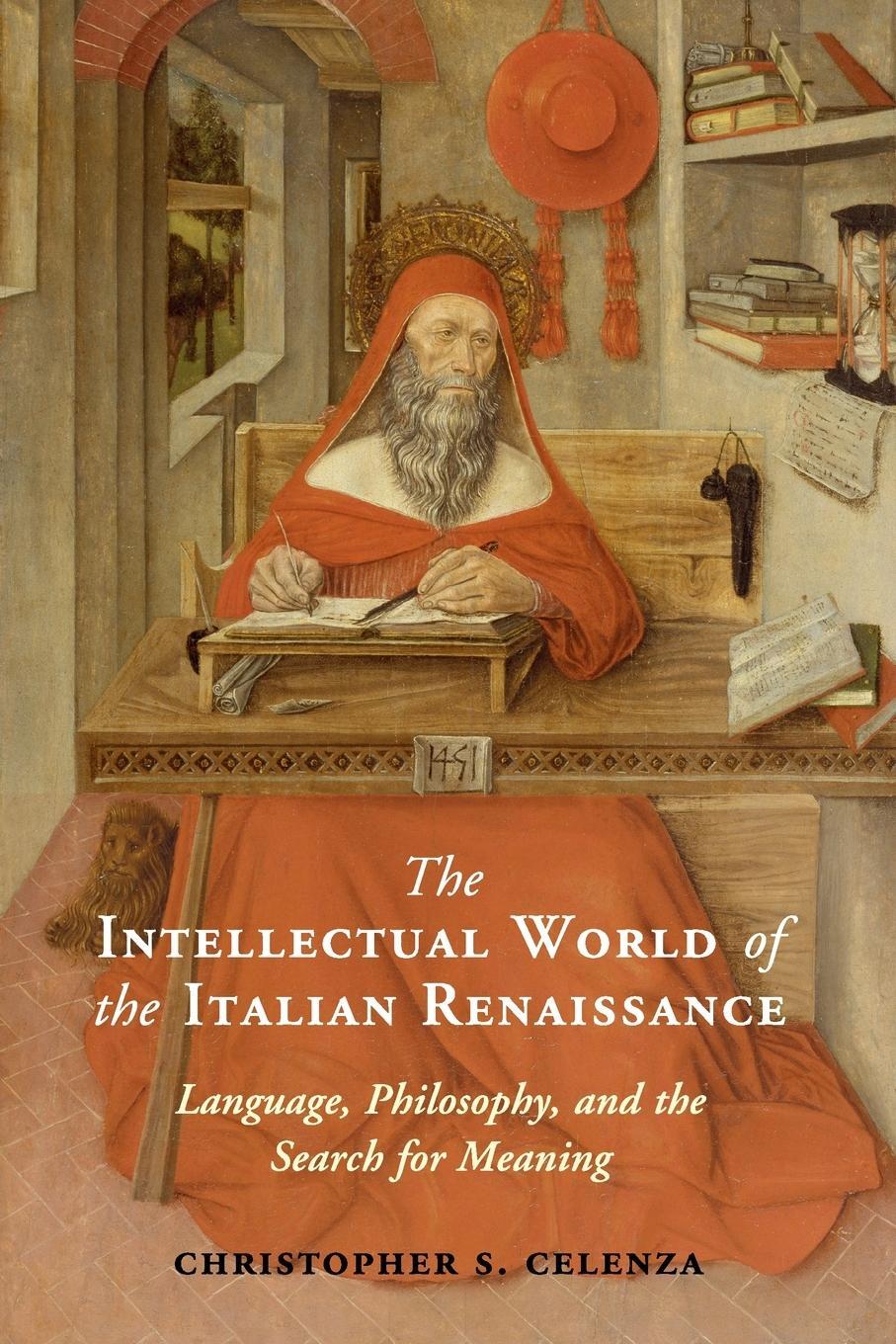Dekorationsartikel gehören nicht zum Leistungsumfang.
Sprache:
Englisch
48,30 €*
Versandkostenfrei per Post / DHL
Lieferzeit 1-2 Wochen
Kategorien:
Beschreibung
Though claimed by disparate schools of thought, Peter Thomas shows Gramsci is best understood as deepening the classical Marxist tradition.
Though claimed by disparate schools of thought, Peter Thomas shows Gramsci is best understood as deepening the classical Marxist tradition.
Über den Autor
Peter D Thomas is lecturer in the history of political thought at Brunel University. He has previously studied and worked at the Universities of Queensland, Naples, Berlin and Amsterdam. He has published widely on Marxist political theory and philosophy, the history of political thought and the history of philosophy and is an editor of the journal Historical Materialism: research in critical Marxist theory.
Inhaltsverzeichnis
Acknowledgements
A Note on the Text
Preface
Chapter One The Moment of Reading 'Capital'
1.1. 'I can only think of Gramsci...'
1.2. Reading 'Capital' in its moment
1.3. 'The last great theoretical debate of Marxism'
1.3.1. Althusserianism
1.3.2. Gramscianism
1.4. Marxist philosophy
1.4.1. 'A new philosophy of praxis'
1.4.2. 'A new practice of philosophy'
1.4.3. Marxism and philosophy
1.5. The Althusserian and Gramscian moments
1.5.1. Gramsci's organic concepts
1.5.2. An enduring encounter
1.5.3. Marxist philosophy today
1.6. Philosophy, hegemony and the state: 'metaphysical event' and 'philosophical fact'
Chapter Two Antinomies of Antonio Gramsci?
2.1. Incompletion and reconstruction
2.2. A theoretical toolbox?
2.3. 'Antinomies of Antonio Gramsci'
2.4. 1+1=3
2.5. Detours via detours
2.6. The emergence of hegemony...
2.7. ...and its deformation
2.8. Three versions of hegemony in the West
2.9. Political society + civil society = state
2.10. Shadows of Croce
2.11. East and West, past and present
2.12. Antinomies of the united front
2.13. The spectre of Kautsky
2.14. A labyrinth within a labyrinth?
Chapter Three 'A Riddle Wrapped in a Mystery inside an Enigma'? On the Literary Form of the Prison Notebooks
3.1. Traces of the past
3.1.1. An arbitrary and mechanical hypostatisation of the moment of hegemony
3.1.2. A strategy of detours
3.1.3. State, integral state, political society
3.1.4. Base and superstructure, superstructures and Ideologies
3.2. Code language
3.2.1. A helmet of Hades?
3.2.2. From 'm.' to the 'philosophy of praxis'
3.3. Hieroglyphs
3.3.1. 'Für ewig'
3.3.2. Three phases of work
3.3.2.1. First phase
3.3.2.2. Second phase
3.3.2.3. Third phase
3.4. Incompletion: a work in progress
3.4.1. Fragmentary philology
3.4.2. An anti-philosophical novel
3.5. An unfinished dialogue
3.5.1. The education of the educator
3.5.2. Necessary incompletion
3.6. An Ariadne's thread
3.6.1. Preliminary philology
3.6.2. Differential temporalities
3.6.3. A modern classic
Chapter Four Contra the Passive Revolution
4.1. The 'integral state'
4.2. The long nineteenth century
4.3. The birth of civil society
4.4. Passive revolution
4.5. War of position
4.6. 'War of position' versus 'war of movement'
4.7. Two phases of passive revolution
4.8. Duration versus historical epoch
4.9. Crisis of authority
4.10. Modernity as passive revolution?
Chapter Five Civil and Political Hegemony
5.1. Consent versus coercion
5.1.1. 'Political leadership becomes an aspect of domination'
5.1.2. The 'dual perspective'
5.2. Civil society versus the state
5.2.1. Superstructural 'levels'
5.2.2. 'The concept of civil society as used in these notes...'
5.2.3. The state as the 'truth' of civil society
5.2.4. The 'particularity' of the integral state
5.2.5. Civil society as the 'secret' of the state
5.2.6. Political society sive the state?
5.2.7. Attributes of the integral state
5.2.8. The 'location' of hegemony
Chapter Six 'The Realisation of Hegemony'
6.1. West versus East
6.1.1. Predominance as weakness
6.1.2. The 'underdeveloped' West
6.1.3. The absent centre of the West
6.1.4. Antinomies of East and West
6.1.5. The international capitalist state-form
6.1.6. Differential temporalities of the state
6.2. Hegemony, bourgeois and proletarian
6.2.1. A generic theory of social power?
6.2.2. The hegemonic apparatus: political power as immanent to class power
6.2.3. Which Lenin?
6.2.4. The realisation of hegemony
6.2.5. The NEP
6.2
A Note on the Text
Preface
Chapter One The Moment of Reading 'Capital'
1.1. 'I can only think of Gramsci...'
1.2. Reading 'Capital' in its moment
1.3. 'The last great theoretical debate of Marxism'
1.3.1. Althusserianism
1.3.2. Gramscianism
1.4. Marxist philosophy
1.4.1. 'A new philosophy of praxis'
1.4.2. 'A new practice of philosophy'
1.4.3. Marxism and philosophy
1.5. The Althusserian and Gramscian moments
1.5.1. Gramsci's organic concepts
1.5.2. An enduring encounter
1.5.3. Marxist philosophy today
1.6. Philosophy, hegemony and the state: 'metaphysical event' and 'philosophical fact'
Chapter Two Antinomies of Antonio Gramsci?
2.1. Incompletion and reconstruction
2.2. A theoretical toolbox?
2.3. 'Antinomies of Antonio Gramsci'
2.4. 1+1=3
2.5. Detours via detours
2.6. The emergence of hegemony...
2.7. ...and its deformation
2.8. Three versions of hegemony in the West
2.9. Political society + civil society = state
2.10. Shadows of Croce
2.11. East and West, past and present
2.12. Antinomies of the united front
2.13. The spectre of Kautsky
2.14. A labyrinth within a labyrinth?
Chapter Three 'A Riddle Wrapped in a Mystery inside an Enigma'? On the Literary Form of the Prison Notebooks
3.1. Traces of the past
3.1.1. An arbitrary and mechanical hypostatisation of the moment of hegemony
3.1.2. A strategy of detours
3.1.3. State, integral state, political society
3.1.4. Base and superstructure, superstructures and Ideologies
3.2. Code language
3.2.1. A helmet of Hades?
3.2.2. From 'm.' to the 'philosophy of praxis'
3.3. Hieroglyphs
3.3.1. 'Für ewig'
3.3.2. Three phases of work
3.3.2.1. First phase
3.3.2.2. Second phase
3.3.2.3. Third phase
3.4. Incompletion: a work in progress
3.4.1. Fragmentary philology
3.4.2. An anti-philosophical novel
3.5. An unfinished dialogue
3.5.1. The education of the educator
3.5.2. Necessary incompletion
3.6. An Ariadne's thread
3.6.1. Preliminary philology
3.6.2. Differential temporalities
3.6.3. A modern classic
Chapter Four Contra the Passive Revolution
4.1. The 'integral state'
4.2. The long nineteenth century
4.3. The birth of civil society
4.4. Passive revolution
4.5. War of position
4.6. 'War of position' versus 'war of movement'
4.7. Two phases of passive revolution
4.8. Duration versus historical epoch
4.9. Crisis of authority
4.10. Modernity as passive revolution?
Chapter Five Civil and Political Hegemony
5.1. Consent versus coercion
5.1.1. 'Political leadership becomes an aspect of domination'
5.1.2. The 'dual perspective'
5.2. Civil society versus the state
5.2.1. Superstructural 'levels'
5.2.2. 'The concept of civil society as used in these notes...'
5.2.3. The state as the 'truth' of civil society
5.2.4. The 'particularity' of the integral state
5.2.5. Civil society as the 'secret' of the state
5.2.6. Political society sive the state?
5.2.7. Attributes of the integral state
5.2.8. The 'location' of hegemony
Chapter Six 'The Realisation of Hegemony'
6.1. West versus East
6.1.1. Predominance as weakness
6.1.2. The 'underdeveloped' West
6.1.3. The absent centre of the West
6.1.4. Antinomies of East and West
6.1.5. The international capitalist state-form
6.1.6. Differential temporalities of the state
6.2. Hegemony, bourgeois and proletarian
6.2.1. A generic theory of social power?
6.2.2. The hegemonic apparatus: political power as immanent to class power
6.2.3. Which Lenin?
6.2.4. The realisation of hegemony
6.2.5. The NEP
6.2
Details
| Erscheinungsjahr: | 2011 |
|---|---|
| Genre: | Politikwissenschaften |
| Rubrik: | Wissenschaften |
| Medium: | Taschenbuch |
| Seiten: | 478 |
| Inhalt: | Kartoniert / Broschiert |
| ISBN-13: | 9781608461165 |
| ISBN-10: | 1608461165 |
| Sprache: | Englisch |
| Einband: | Kartoniert / Broschiert |
| Autor: | Thomas, Peter D |
| Hersteller: | Haymarket Books |
| Maße: | 229 x 154 x 34 mm |
| Von/Mit: | Peter D Thomas |
| Erscheinungsdatum: | 28.04.2011 |
| Gewicht: | 0,766 kg |
Über den Autor
Peter D Thomas is lecturer in the history of political thought at Brunel University. He has previously studied and worked at the Universities of Queensland, Naples, Berlin and Amsterdam. He has published widely on Marxist political theory and philosophy, the history of political thought and the history of philosophy and is an editor of the journal Historical Materialism: research in critical Marxist theory.
Inhaltsverzeichnis
Acknowledgements
A Note on the Text
Preface
Chapter One The Moment of Reading 'Capital'
1.1. 'I can only think of Gramsci...'
1.2. Reading 'Capital' in its moment
1.3. 'The last great theoretical debate of Marxism'
1.3.1. Althusserianism
1.3.2. Gramscianism
1.4. Marxist philosophy
1.4.1. 'A new philosophy of praxis'
1.4.2. 'A new practice of philosophy'
1.4.3. Marxism and philosophy
1.5. The Althusserian and Gramscian moments
1.5.1. Gramsci's organic concepts
1.5.2. An enduring encounter
1.5.3. Marxist philosophy today
1.6. Philosophy, hegemony and the state: 'metaphysical event' and 'philosophical fact'
Chapter Two Antinomies of Antonio Gramsci?
2.1. Incompletion and reconstruction
2.2. A theoretical toolbox?
2.3. 'Antinomies of Antonio Gramsci'
2.4. 1+1=3
2.5. Detours via detours
2.6. The emergence of hegemony...
2.7. ...and its deformation
2.8. Three versions of hegemony in the West
2.9. Political society + civil society = state
2.10. Shadows of Croce
2.11. East and West, past and present
2.12. Antinomies of the united front
2.13. The spectre of Kautsky
2.14. A labyrinth within a labyrinth?
Chapter Three 'A Riddle Wrapped in a Mystery inside an Enigma'? On the Literary Form of the Prison Notebooks
3.1. Traces of the past
3.1.1. An arbitrary and mechanical hypostatisation of the moment of hegemony
3.1.2. A strategy of detours
3.1.3. State, integral state, political society
3.1.4. Base and superstructure, superstructures and Ideologies
3.2. Code language
3.2.1. A helmet of Hades?
3.2.2. From 'm.' to the 'philosophy of praxis'
3.3. Hieroglyphs
3.3.1. 'Für ewig'
3.3.2. Three phases of work
3.3.2.1. First phase
3.3.2.2. Second phase
3.3.2.3. Third phase
3.4. Incompletion: a work in progress
3.4.1. Fragmentary philology
3.4.2. An anti-philosophical novel
3.5. An unfinished dialogue
3.5.1. The education of the educator
3.5.2. Necessary incompletion
3.6. An Ariadne's thread
3.6.1. Preliminary philology
3.6.2. Differential temporalities
3.6.3. A modern classic
Chapter Four Contra the Passive Revolution
4.1. The 'integral state'
4.2. The long nineteenth century
4.3. The birth of civil society
4.4. Passive revolution
4.5. War of position
4.6. 'War of position' versus 'war of movement'
4.7. Two phases of passive revolution
4.8. Duration versus historical epoch
4.9. Crisis of authority
4.10. Modernity as passive revolution?
Chapter Five Civil and Political Hegemony
5.1. Consent versus coercion
5.1.1. 'Political leadership becomes an aspect of domination'
5.1.2. The 'dual perspective'
5.2. Civil society versus the state
5.2.1. Superstructural 'levels'
5.2.2. 'The concept of civil society as used in these notes...'
5.2.3. The state as the 'truth' of civil society
5.2.4. The 'particularity' of the integral state
5.2.5. Civil society as the 'secret' of the state
5.2.6. Political society sive the state?
5.2.7. Attributes of the integral state
5.2.8. The 'location' of hegemony
Chapter Six 'The Realisation of Hegemony'
6.1. West versus East
6.1.1. Predominance as weakness
6.1.2. The 'underdeveloped' West
6.1.3. The absent centre of the West
6.1.4. Antinomies of East and West
6.1.5. The international capitalist state-form
6.1.6. Differential temporalities of the state
6.2. Hegemony, bourgeois and proletarian
6.2.1. A generic theory of social power?
6.2.2. The hegemonic apparatus: political power as immanent to class power
6.2.3. Which Lenin?
6.2.4. The realisation of hegemony
6.2.5. The NEP
6.2
A Note on the Text
Preface
Chapter One The Moment of Reading 'Capital'
1.1. 'I can only think of Gramsci...'
1.2. Reading 'Capital' in its moment
1.3. 'The last great theoretical debate of Marxism'
1.3.1. Althusserianism
1.3.2. Gramscianism
1.4. Marxist philosophy
1.4.1. 'A new philosophy of praxis'
1.4.2. 'A new practice of philosophy'
1.4.3. Marxism and philosophy
1.5. The Althusserian and Gramscian moments
1.5.1. Gramsci's organic concepts
1.5.2. An enduring encounter
1.5.3. Marxist philosophy today
1.6. Philosophy, hegemony and the state: 'metaphysical event' and 'philosophical fact'
Chapter Two Antinomies of Antonio Gramsci?
2.1. Incompletion and reconstruction
2.2. A theoretical toolbox?
2.3. 'Antinomies of Antonio Gramsci'
2.4. 1+1=3
2.5. Detours via detours
2.6. The emergence of hegemony...
2.7. ...and its deformation
2.8. Three versions of hegemony in the West
2.9. Political society + civil society = state
2.10. Shadows of Croce
2.11. East and West, past and present
2.12. Antinomies of the united front
2.13. The spectre of Kautsky
2.14. A labyrinth within a labyrinth?
Chapter Three 'A Riddle Wrapped in a Mystery inside an Enigma'? On the Literary Form of the Prison Notebooks
3.1. Traces of the past
3.1.1. An arbitrary and mechanical hypostatisation of the moment of hegemony
3.1.2. A strategy of detours
3.1.3. State, integral state, political society
3.1.4. Base and superstructure, superstructures and Ideologies
3.2. Code language
3.2.1. A helmet of Hades?
3.2.2. From 'm.' to the 'philosophy of praxis'
3.3. Hieroglyphs
3.3.1. 'Für ewig'
3.3.2. Three phases of work
3.3.2.1. First phase
3.3.2.2. Second phase
3.3.2.3. Third phase
3.4. Incompletion: a work in progress
3.4.1. Fragmentary philology
3.4.2. An anti-philosophical novel
3.5. An unfinished dialogue
3.5.1. The education of the educator
3.5.2. Necessary incompletion
3.6. An Ariadne's thread
3.6.1. Preliminary philology
3.6.2. Differential temporalities
3.6.3. A modern classic
Chapter Four Contra the Passive Revolution
4.1. The 'integral state'
4.2. The long nineteenth century
4.3. The birth of civil society
4.4. Passive revolution
4.5. War of position
4.6. 'War of position' versus 'war of movement'
4.7. Two phases of passive revolution
4.8. Duration versus historical epoch
4.9. Crisis of authority
4.10. Modernity as passive revolution?
Chapter Five Civil and Political Hegemony
5.1. Consent versus coercion
5.1.1. 'Political leadership becomes an aspect of domination'
5.1.2. The 'dual perspective'
5.2. Civil society versus the state
5.2.1. Superstructural 'levels'
5.2.2. 'The concept of civil society as used in these notes...'
5.2.3. The state as the 'truth' of civil society
5.2.4. The 'particularity' of the integral state
5.2.5. Civil society as the 'secret' of the state
5.2.6. Political society sive the state?
5.2.7. Attributes of the integral state
5.2.8. The 'location' of hegemony
Chapter Six 'The Realisation of Hegemony'
6.1. West versus East
6.1.1. Predominance as weakness
6.1.2. The 'underdeveloped' West
6.1.3. The absent centre of the West
6.1.4. Antinomies of East and West
6.1.5. The international capitalist state-form
6.1.6. Differential temporalities of the state
6.2. Hegemony, bourgeois and proletarian
6.2.1. A generic theory of social power?
6.2.2. The hegemonic apparatus: political power as immanent to class power
6.2.3. Which Lenin?
6.2.4. The realisation of hegemony
6.2.5. The NEP
6.2
Details
| Erscheinungsjahr: | 2011 |
|---|---|
| Genre: | Politikwissenschaften |
| Rubrik: | Wissenschaften |
| Medium: | Taschenbuch |
| Seiten: | 478 |
| Inhalt: | Kartoniert / Broschiert |
| ISBN-13: | 9781608461165 |
| ISBN-10: | 1608461165 |
| Sprache: | Englisch |
| Einband: | Kartoniert / Broschiert |
| Autor: | Thomas, Peter D |
| Hersteller: | Haymarket Books |
| Maße: | 229 x 154 x 34 mm |
| Von/Mit: | Peter D Thomas |
| Erscheinungsdatum: | 28.04.2011 |
| Gewicht: | 0,766 kg |
Warnhinweis











